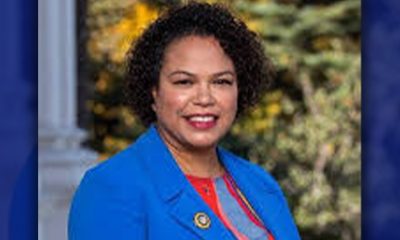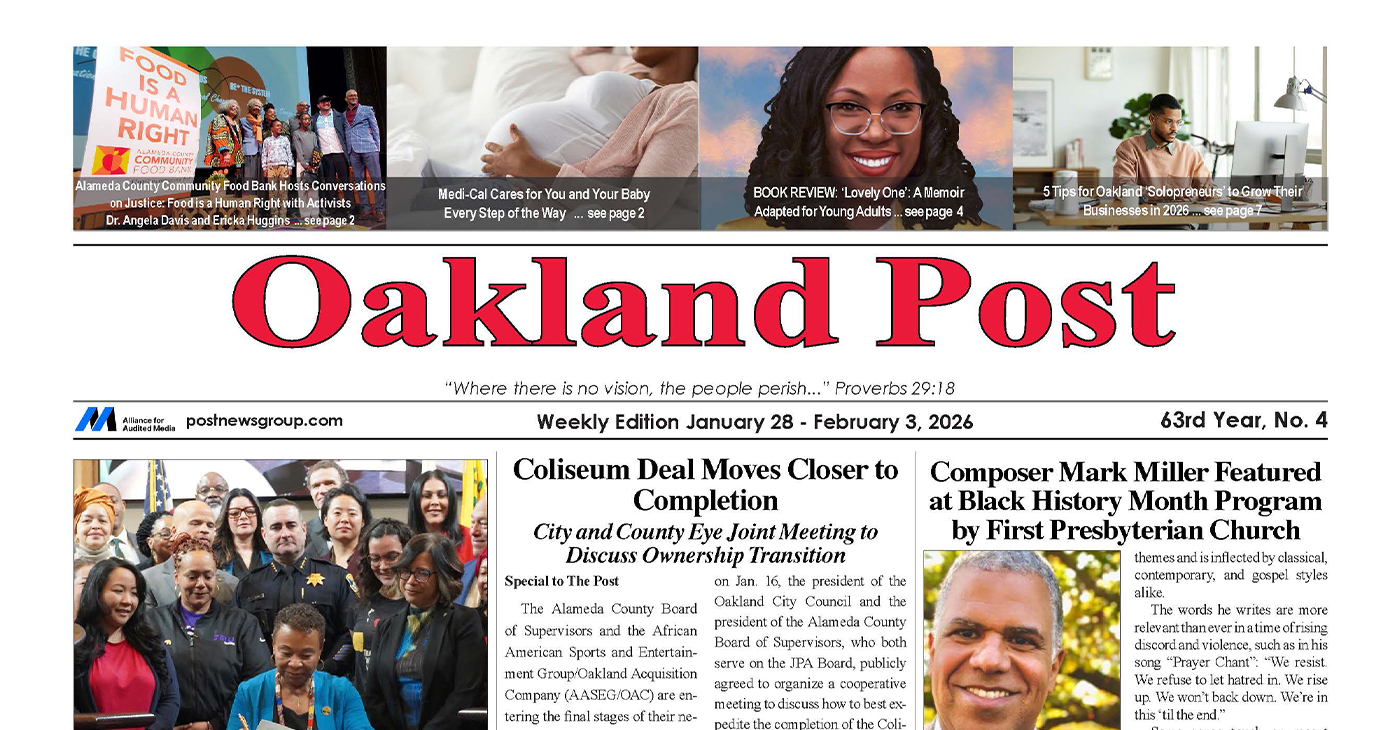Gov. Gavin Newsom pledged to mobilize the full power of his administration to alleviate the state’s growing homelessness crisis in his annual State of the State speech to a joint session of the Legislature Wednesday.
He said that people in California are fed up with political leaders who ignore the stark reality in front of our eyes. “No amount of progress can camouflage the most pernicious crisis in our midst, the ultimate manifestation of poverty: homelessness.”
“Let’s call it what it is, disgrace, that the richest state in the richest nation – succeeding in so many sectors — is failing to properly house, heal and humanely treat so many of its own people. As Californians, we pride ourselves on our unwavering sense of compassion and justice for humankind — but there’s nothing compassionate about allowing fellow Californians to live on the streets, huddled in cars or makeshift encampments.”
He said that “servants of the public (have been) too busy pointing fingers to step up and help. That’s shameful.”
Newsom pointed that some parts of the community, particularly communities of color, have been “hit much harder” than others, pointing out that African Americans make up 8 percent of the Los Angeles population but 42 percent of the homeless. A recent poll found that almost half of Latinos in California fear that they or a family member “could become homeless,” he said.
Last month, the governor issued an Executive Order deploying emergency mobile housing trailers and services for homeless families and seniors. The first trailers were sent to Oakland and Los Angeles County.
He announced he is making 286 state properties — “vacant lots, fairgrounds, armories and other state buildings” — available to local governments for homeless solutions.
The state has been able to move more quickly than usual because “we established a Strike Team across many agencies…to break through bureaucratic barriers… We are also pushing for new models of homeless housing – like hotel/motel conversions and prefab and tiny homes – and as we do, we’ll cut the red tape to get to ‘yes’ on these innovative approaches.”
He said he would work with others to generate revenue to develop solutions. “In the coming months, I pledge to work closely with you to identify this ongoing revenue to provide the safer, cleaner streets our communities deserve…With (a) first-in-the-nation statewide housing fund, we can braid together state and philanthropic dollars, as well as health care, mental health, and social services — paying for housing, not overhead, by capping all administrative costs at 10 percent.”
“We need more housing, not more delays,” he said. “This is our cause. This is our calling.”
Local mayors supported the governor’s approach, according to a report on KPIX Channel 5.
San Francisco Mayor London Breed released a statement: “I was glad to hear the governor’s support of ongoing resources for everything from navigation centers to affordable housing, which will help San Francisco continue the progress we’re making in helping our unhoused residents off the street and into shelter and services.”
Oakland Mayor Libby Schaaf tweeted, “This is California’s biggest crisis. It crosses all jurisdictional boundaries and will take the entire region working together to solve it.”
Oakland housing rights activist James Vann of the Homeless Advocacy Working Group (HAWG) said, “The governor’s speech was creative, bringing up many ideas and innovative solutions. However, he should take an approach of involving the people affected by homelessness in developing the solutions, which would alleviate the impact of wasteful and inefficient expenditures that take place at the local level — such as Oakland’s tuff sheds, which help only a handful of individuals at a tremendous in operation and administration.”

 #NNPA BlackPress4 weeks ago
#NNPA BlackPress4 weeks ago
 #NNPA BlackPress4 weeks ago
#NNPA BlackPress4 weeks ago
 Activism2 weeks ago
Activism2 weeks ago
 Activism2 weeks ago
Activism2 weeks ago
 Activism3 weeks ago
Activism3 weeks ago
 Activism2 weeks ago
Activism2 weeks ago
 Activism1 week ago
Activism1 week ago





















































